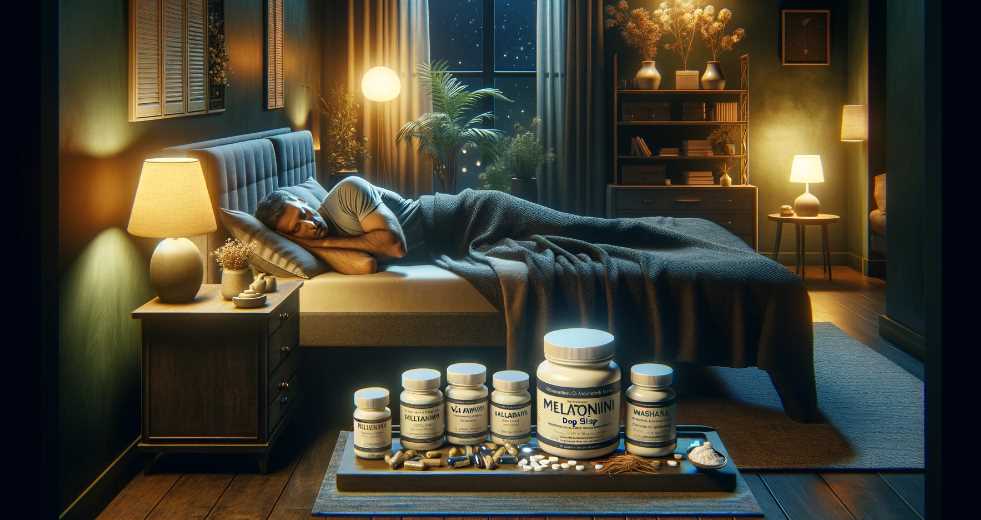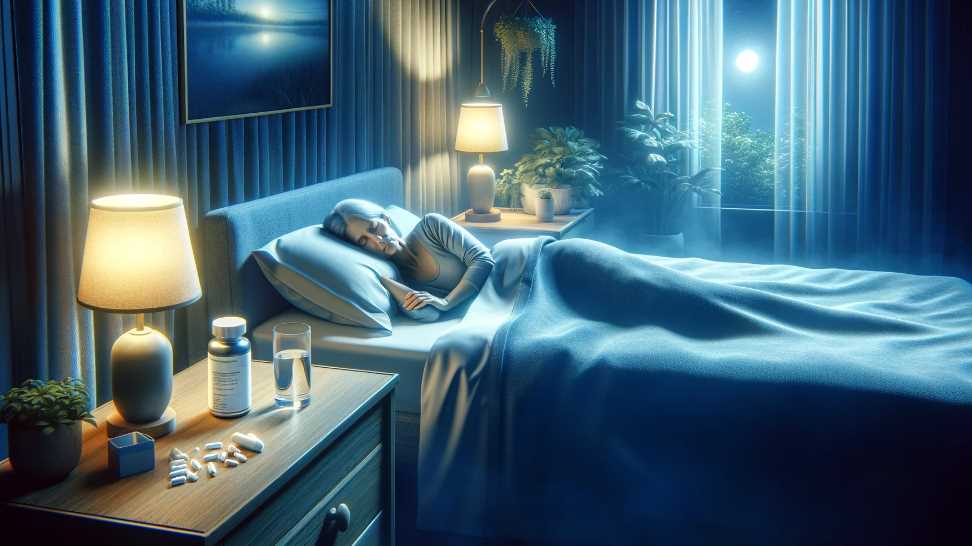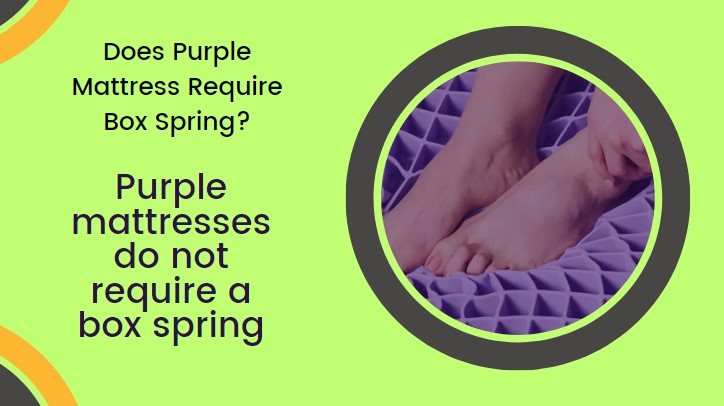How to Get More Deep Sleep Supplements: Best Supplements for Better Rest

How to get more deep sleep supplements? To get more deep sleep supplements, try incorporating natural remedies like melatonin or ...
Read moreCan Iron Supplements Help You Sleep Better: The Power of Iron for Restful Nights

Can iron supplements help you sleep? actually sleep quality due to their role in the production of neurotransmitters and the regulation ...
Read moreCan You Use a Bed Sheet As a Projector Screen? Discover the Possibilities!

Can you use a bed sheet as a projector screen? Yes, a bed sheet can be used as a projector ...
Read moreCan You Get Bed Bugs from Not Changing Sheets? 5 Shocking Truths Revealed!

Can you get bed bugs from not changing sheets? Yes, not changing sheets can lead to bed bug infestations due ...
Read moreDoes Purple Mattress Require Box Spring? Find Out the Definitive Answer!

does purple mattress require box spring? No, Purple mattresses do not require a box spring. A box spring is not ...
Read moreCan Sleep Aids Cause Weight Gain? Discover the Surprising Truth!

Can sleep aids cause weight gain? Yes, sleep aids can potentially cause weight gain due to their impact on hormone ...
Read moreCan Sleep Aids Cause Constipation? The Surprising Connection

Can sleep aids cause constipation? Yes, sleep aids can cause constipation as a potential side effect. Sleep aids can affect ...
Read moreDiscover the Ultimate Supplement for Deep Sleep: Unleash Boundless Rest

Melatonin is a hormone that regulates the sleep-wake cycle. As a supplement, it can help promote the onset of sleep ...
Read moreWhen to Take Magnesium Supplements for Sleep: Unveiling the Secrets to a Restful Slumber

Magnesium supplements for sleep are best taken about 30 minutes to an hour before bedtime? Magnesium is known to support ...
Read more